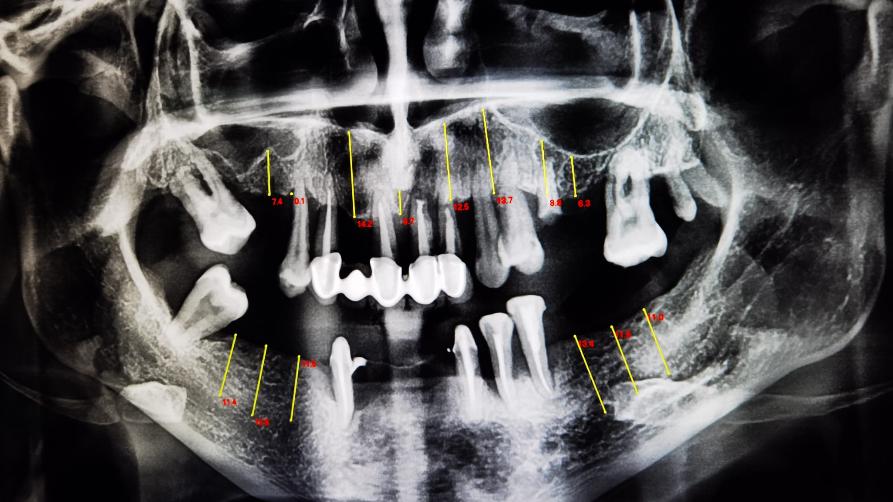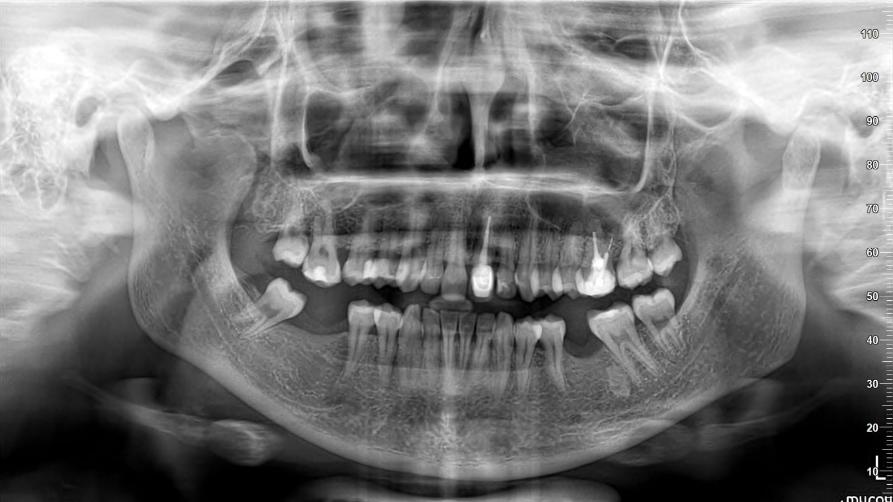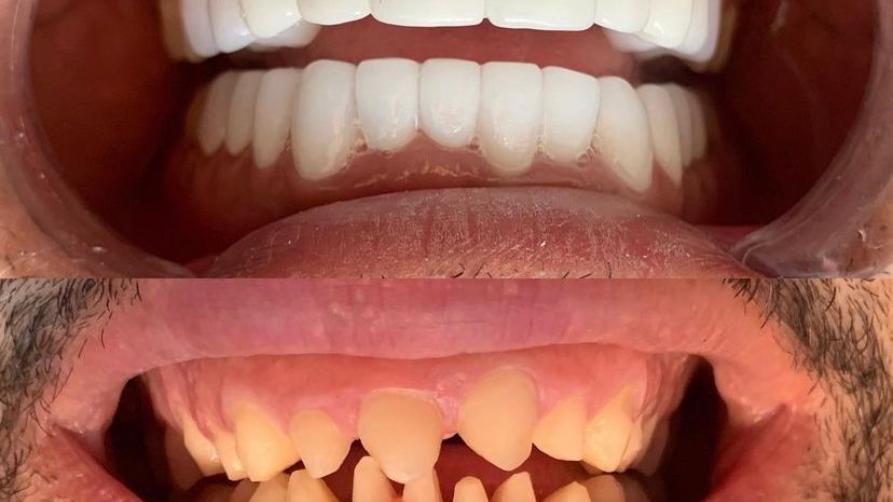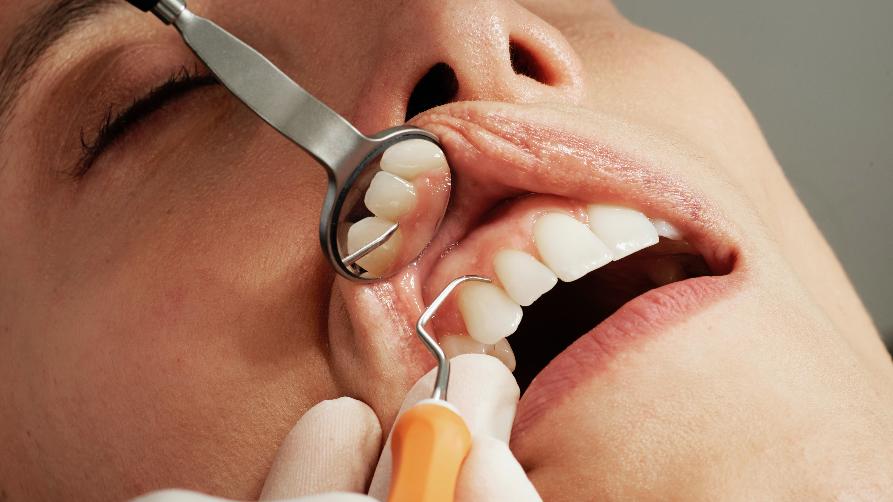ObesityIt is the name given to the state of excessive and abnormal fat accumulation in the body that causes deterioration of health. In order to calculate the obesity status, body mass index evaluation is made over the height and weight values. In the calculation of body mass index, the process is performed by dividing the weight in kilograms by the square of the height in meters. A body mass index calculation value above 30 means that people are obese. If this value is over 40, it means that people are morbidly obese.
Fat tissues secrete a number of hormonal and chemical substances that affect all systems. Some secretions cause people to open up and the limits of saturation to be pulled to the upper levels and obesity to progress. Caused by multiple causes obesity disease It affects many organs in the human body. For this reason, for the treatment of this disease, an environment where more than one branch works in harmony should be planned and procedures should be carried out.
obesity treatment First of all, evaluations are made by an endocrinologist, psychiatrist, nutritionist and physical therapist in patients who apply for surgery. If necessary, patients should be treated by cardiology and chest diseases specialists. In addition, it is important that suitable patients are seen by general surgeons who have experience in bariatric surgery.
All of the patients who apply are examined in detail about the factors underlying the obesity problem, psychological problems, eating habits, and health conditions. As a result of the evaluations made according to the examinations, the treatment programs suitable for the patients are prepared. Treatment programs may include medical treatment or surgical treatment options, depending on the characteristics of the patients, as well as medical nutrition and exercises.
What is Obesity Disease?
obesity disorder It is among the most important health problems all over the world, especially in developed countries. Looking at the data of the World Health Organization, it is seen that 1,9 billion people in the world are overweight and 600 million of them are obese.
Obesity, which has become increasingly common all over the world, greatly affects the quality and duration of life of patients. But obesity is treatable. Obesity disease treatment For this, exercise and, if necessary, surgical methods are applied along with diet. Diseases such as heart, sleep apnea, high blood pressure, colon cancer, breast cancer, prostate cancer can also be resolved in patients who overcome the obesity problem. In this way, patients can take a step towards a much healthier life.
Obesity is a disease that occurs when people consume more calories than they can consume and causes more fat to be stored in the body than normal. Morbid obesity causes fatal diseases and shortens human lifespan. A body mass index over 40 is called morbid obesity.
Who Can Have Obesity Surgery?
People with a body mass index between 35-40, as well as those with type 2 diabetes due to obesity, sleep apnea, and hypertension are considered morbid obesity in terms of bariatric surgery. It is possible to have surgery even in patients with new type 2 diabetes and metabolism disorders due to obesity and whose body mass index is between 30-35.
Diet is preferred as the first treatment option in people with morbidly obese patients. However, if diets lasting less than 6 months and applied at least twice are unsuccessful, diet therapy is not continued. In this case, the effective treatment option would be surgery. The surgery should be performed as soon as possible.
What are Obesity Risk Factors?
According to the statements made by health organizations in the world, obesity is among the 10 most risky diseases. Today, obesity is among the preventable diseases after smoking. While struggling with obesity, patients need to change their eating habits and lifestyle. Obesity risk factors It is extremely important for people to be careful.
Environmental Factors
Today, physical factors are extremely limited for children living in big cities. Children can only engage in physical activities in physical education classes at school. For this reason, directing children to sports at an early age is important in terms of preventing obesity.
One of the issues to be considered in terms of environmental risks is the use of computers and television. These situations cause children to consume much less energy and store more energy during the day. In addition, consuming junk food in front of the television or computer also paves the way for obesity.
Nutrition
Even if children with obesity do not eat more than their peers, they may gain weight because they move less. The low energy consumption of children draws attention as one of the risk factors for weight gain.
The lack of feeding times in children, eating once or twice a day, and consuming high-calorie foods such as carbohydrates or fatty fries are one of the important factors of weight gain in children.
Genetic Factors
There is an 80% risk of obesity in the child who will be born as a result of the parents being overweight. If only one of the parents is overweight, the risk drops to 40%. One of the biggest causes of obesity is not that patients eat too much, but that energy is not spent as much as they are eaten. It is seen that the families of children struggling with obesity problem are less involved in physical activities.
Hormones
Children with obesity problems should definitely be examined by hormone diseases specialists. Some children with obesity problems may have thyroid gland and adrenal gland diseases. In addition, diabetes problems can be observed in these children.
What are the Causes of Obesity Disease?
Irregular and unbalanced nutrition, consumption of fast food, not doing sports cause weight gain problems and problems with lubrication in some vital organs. Uncontrolled food consumption in long-term hunger situations, consumption of carbohydrate-containing foods and sugary foods are among the nutritional mistakes that cause obesity problems.
Being overweight in both parents increases the likelihood of obesity in children. Thyroid gland diseases, diabetes, adrenal gland disease are among the obesity problems. In order to prevent lubrication problems, adopting a healthy diet and an active lifestyle from childhood are among the important issues.
What are Obesity Grades?
Persons with a body mass index of 35-40, as well as those with type 2 diabetes, sleep apnea, and hypertension due to obesity, are considered morbidly obese in terms of bariatric surgery. Surgery may also be considered for patients with new type 2 sugar and metabolism disorders due to obesity and whose body mass index is between 30-35. gastric bypass surgery It is one of the most preferred types of surgery.
In body mass index calculations, the World Health Organization's obesity classifications are evaluated. When people divide their weight by the square of their height, the result will indicate whether they are obese or not.
· Those under 18,5 kg/m are weak
· People with a normal weight of 18,5-24,9 kg/m
· Those between 25-29,9 kg/mXNUMX are overweight
· Those between 30-39,9 kg/m are obese
· Those over 40 kg/m are considered as severely obese (morbidly obese).
Relationship between Diabetes and Obesity
Diabetes and obesity are interrelated. As people gain weight, there is an increase in insulin resistance. As a result, patients may experience diabetes. In addition, people may also gain weight due to diabetes. Type 2 diabetes patients may experience weight gain due to their insulin use.
This condition is less common in the case of type 1 diabetes. The reason why it is seen more in type 2 diabetes is the increase in the amount of insulin produced by the body and the use of drugs due to the increase in the resistance of the people. Mini gastric bypass It is one of the methods used in bariatric surgery.
What are Morbid Obesity Treatment Approaches?
The prevalence of excessive and morbid obesity has recently increased significantly due to the changing lifestyles and dietary habits of the patients. One third of the populations of developed countries, especially the USA and England, have obesity problems. gastric bypass It is often used in the treatment of obesity.
Obesity, contrary to popular belief, does not simply mean gaining excess weight. Especially morbid obesity may cause various additional clinical problems such as cardiovascular diseases, type 2 diabetes, sleep apnea, joint problems, dermatological problems, psychological problems. In obesity patients, a mass increase does not occur only in the adipose tissue under the skin. In almost all organs, there is an increase in lubrication and in the surrounding fatty tissues.
Although not widely known among the public, obesity also increases the risk of developing cancer. Some studies have shown that morbidly obese pregnant women have more problems with the mother and the baby than the mothers who weakened and became pregnant after bariatric surgery.
For Which Patients Is Obesity Surgery Applied?
Surgical methods may be preferred in patients with morbid obesity who have a high probability of developing serious complications. Complete gastric bypass With this, people can get rid of obesity disease. Surgical treatments are the most radical treatment options that give the best results in today's conditions. Even if morbidly obese patients lose weight for a while with diet and exercise programs, their success rate is extremely low. In addition, the risk of patients gaining weight again is quite high.
Since the metabolism changes in patients undergoing surgical treatment, there is a serious loss of appetite, especially after sleeve gastrectomy surgery. Since the stomach volume is reduced, eating will be restricted in patients. For this reason, it would not be correct to compare surgical methods and medical treatment methods in terms of success. However, it is still a surgical procedure as a result of these applications. In addition, it is extremely important to consider that it is a serious decision. Mini gastric bypass surgery Afterwards, patients start to lose weight easily.
In morbid obesity patients, surgical operations should be performed with multidisciplinary approaches. Patients should be evaluated by endocrinology specialists, a dietitian and, if necessary, a psychologist. Before surgery, patients should be evaluated by an endocrinologist whether they have hormonal problems and whether they are suitable for surgery.
Before the operation, care should be taken to perform an endoscopy in order to detect another possible pathology in the stomach. Patients should be informed in detail by dietitians about how to feed before and after the operation. Especially in the first few months, follow-up is extremely important in terms of the adaptation of the diet and metabolism to the new situation. In addition, patients should be examined in terms of their psychological status before surgery. It is not correct for people with serious psychiatric illness, alcohol or drug addiction, and morbidly obese patients who cannot comprehend the details of the operation to undergo surgery. One-injection gastric bypass surgery If possible, the people who will be born should have full family support.
The motivation and approval of the family at all stages of the meal order at home until the operation process is as important as the decisions of the patients. Morbid obese surgeries are mostly restrictive applications. Applications for impaired absorption or a combination of both can be performed. If there is no other obstacle, the surgeries can be performed laparoscopically, that is, closed.
Obesity Surgery Applications
Gastric Sleeve Surgery
In gastric sleeve surgery, approximately 75-80% of the stomach is removed. Since the stomach left after the operation looks like a tube, the application is named like this. Since most of the stomach is surgically removed and only 50-100 ml volume remains, the amount of food consumed is restrictive. Gastric sleeve surgery has the feature of being a restrictive surgery. It helps to reduce food intake and lose weight.
Since the appetite hormone called ghrelin, which is secreted from the stomach section removed in sleeve gastrectomy surgery, decreases after the procedure, patients experience a significant decrease in appetite. It is an advantage that increases the success rate that patients do not return to their old appetites after the surgery.
The effects of gastric sleeve surgery on diabetes and hypertension are quite high. In particular, only oral drug therapy is usually not necessary for the drugs used by diabetes patients and hypertensive patients. These positive effects will begin immediately after the surgery.
Gastric Bypass
gastric bypass In the application of the esophagus, a small part just after the esophagus is left behind, and a large part is bypassed. In this process, the operation is performed by bringing the small intestine to the stomach part and suturing it in accordance with the technique. For this reason, both the volume of the stomach is reduced and a part of the intestine is disabled. In this way, both the amount of food consumed will be less and the absorption will be affected. In this way, blood sugar control of insulin-dependent diabetics is carried out more effectively.
How Is It Determined Which Method Will Be Preferred?
Today, there are no major technical differences between the two operations. Since sleeve gastrectomy operations are more physiological, they have lower rates of complications and operation-related mortality. Gastric sleeve surgeries are performed in a much shorter time. It is also easier to apply surgically. Gastric sleeve or bypass surgery Doctors decide which of the treatments is appropriate.
After both techniques, patients may gain weight again within 3-4 years. If sleeve gastrectomy surgery is technically preferred, resleeve or gastric bypass can be applied to these patients. If patients have had gastric bypass before, they do not have a chance for a second surgical treatment in case of weight gain again. What should be known here is that the preferred operation technique should be determined specifically for the patients as a result of the examinations and tests to be performed by the physician.
The most important complication in sleeve gastrectomy and gastric bypass surgeries is leakage or bleeding problems. With the developing modern techniques and experience, these problems have been reduced to a significant extent. Minimally invasive methods are preferred in both of these techniques. In this way, it is much easier for patients to return to their normal life after surgery.
Obesity Surgery in Turkey
Since obesity surgery is performed successfully in Turkey, it is also extremely popular in health tourism. In addition, due to the high foreign exchange in Turkey, patients coming from abroad can have surgery at extremely affordable prices. Bariatric surgery prices in Turkey You can contact us to get detailed information about it.












Leave a Comment